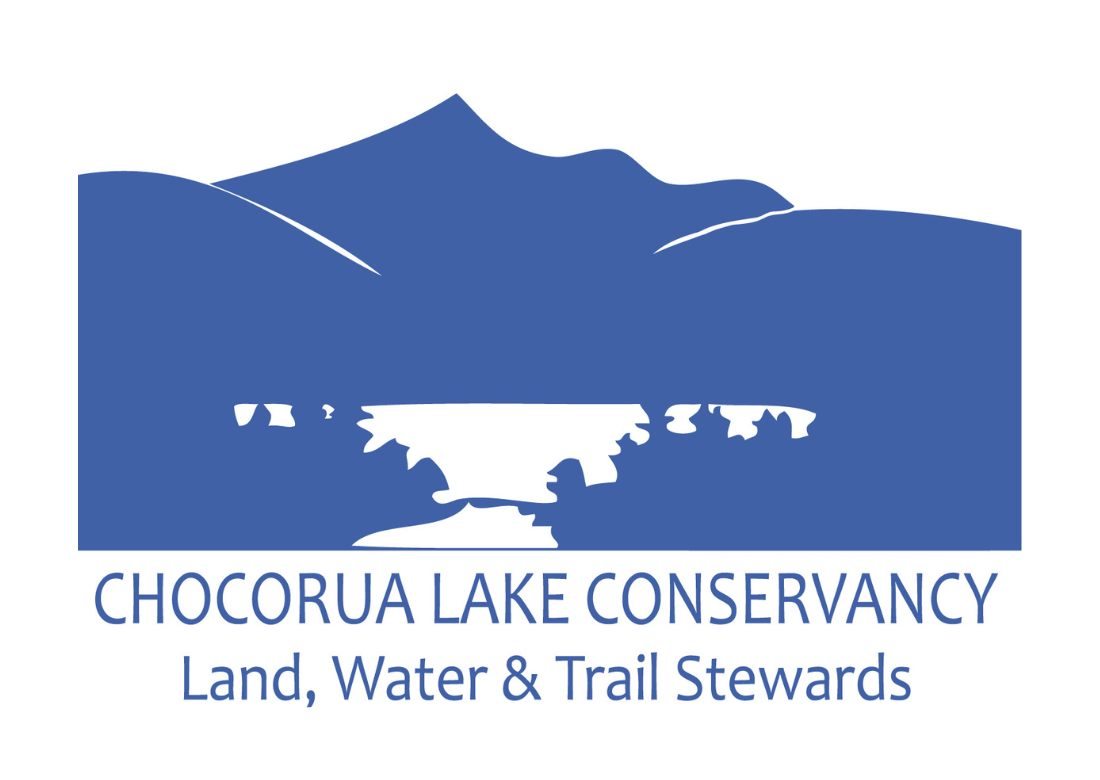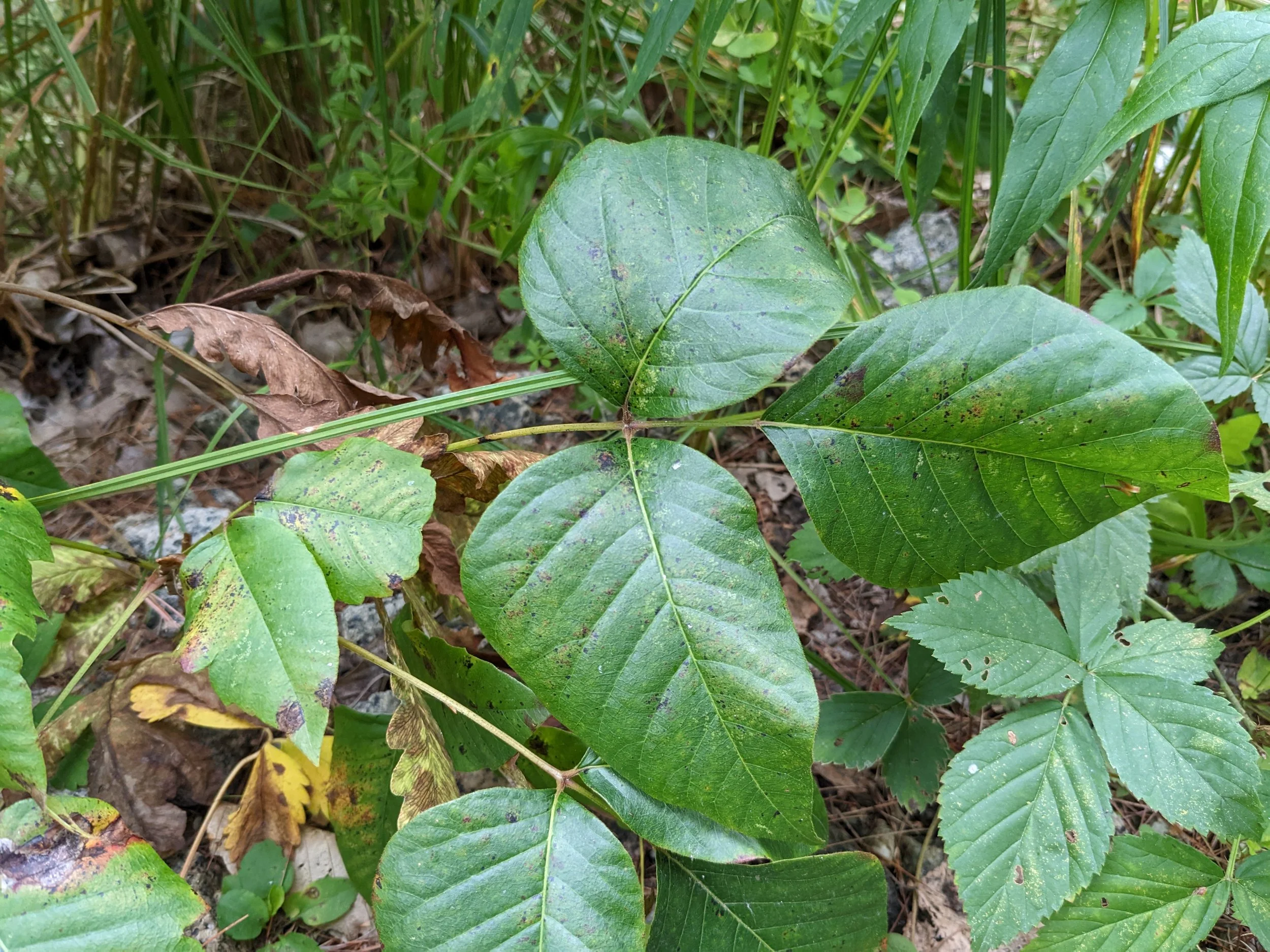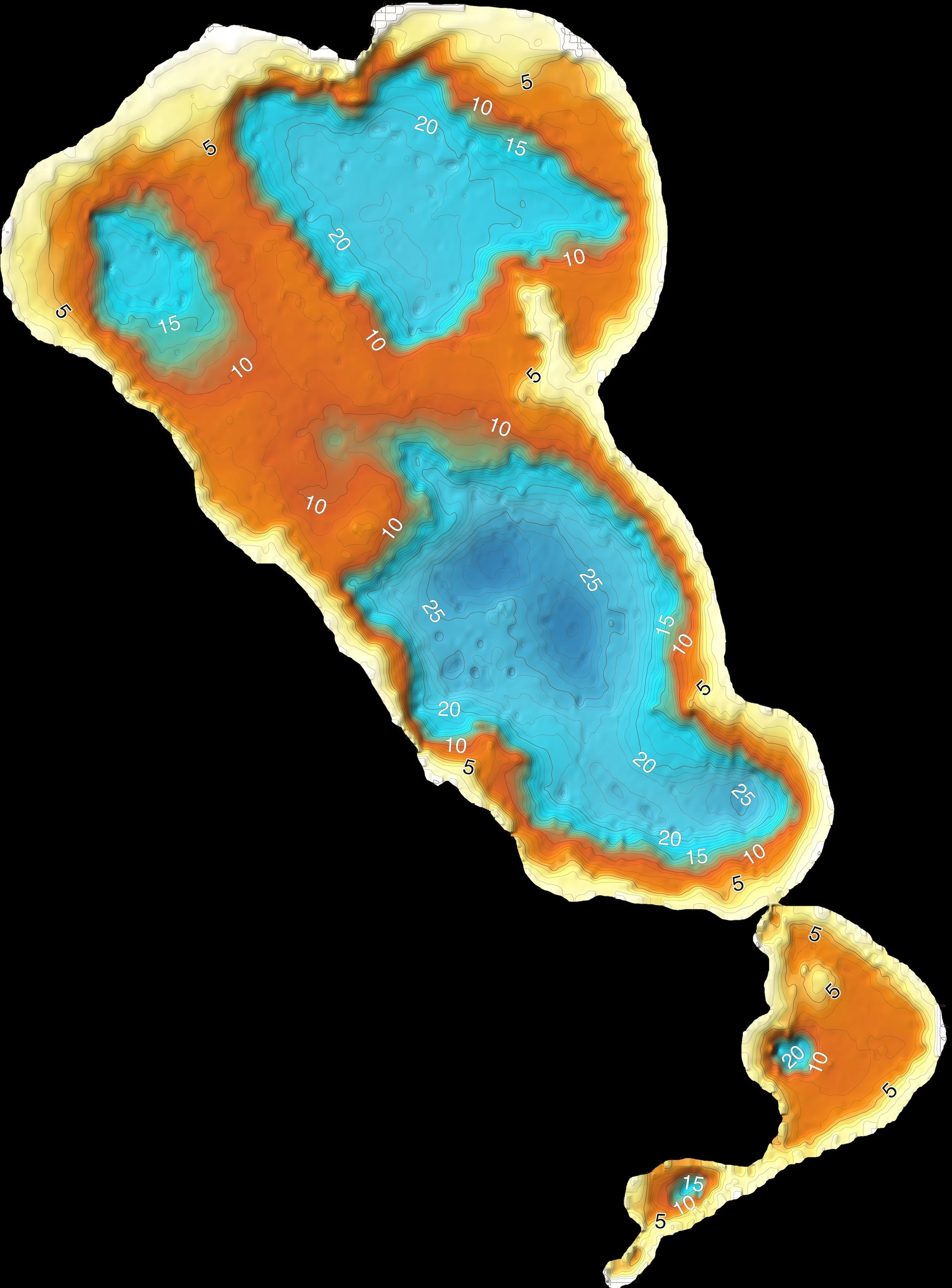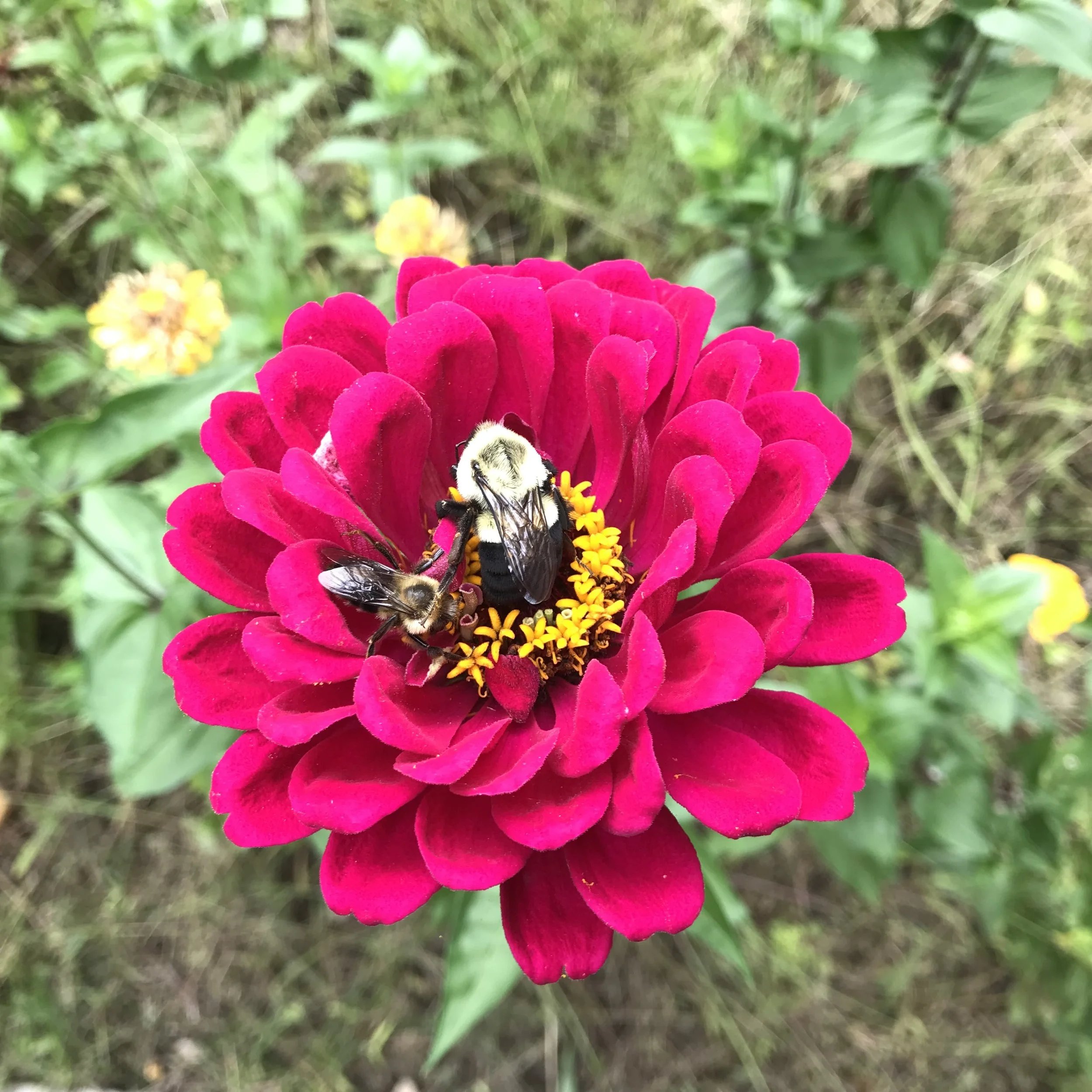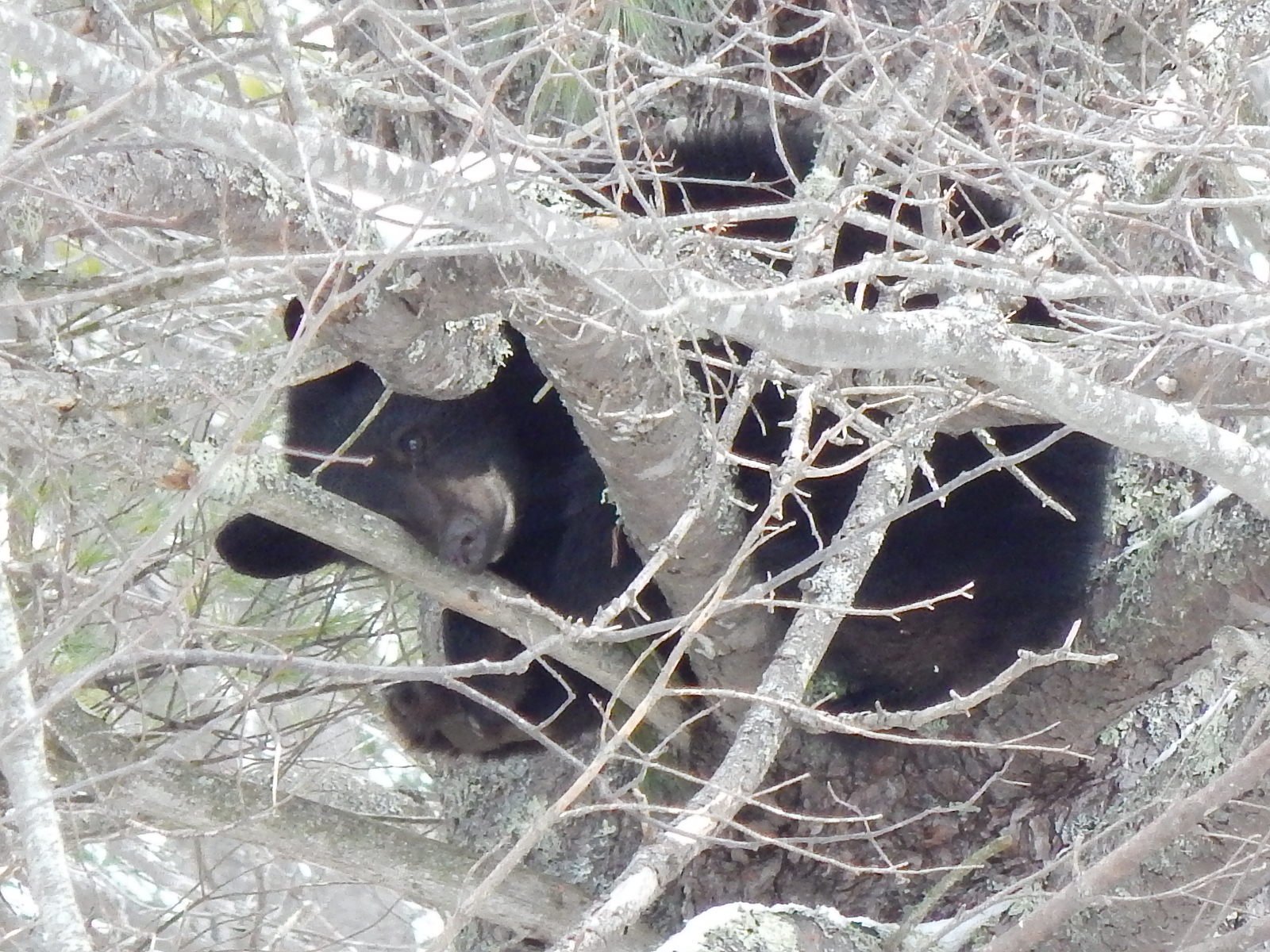Our spring/summer newsletter is out. It includes our Annual Report, stories about stewards, soil, lake bathymetry, poison ivy, and lots more! If you didn’t get one in the mail, hard copies will be available throughout the summer at our kiosks in the Grove and at the Island on Chocorua Lake, and in the CLC office in Chocorua Village, or you can download a digital version here.
The Many Identities of Poison Ivy
Chocorua's Bottom
Though we admire the topography surrounding Chocorua Lake, we seldom think about the fact that the lake bottom has its own topography, referred to as “bathymetry.” The shape of the land surface, above or below water, tells a story of the natural forces and processes that shaped the earth—how mountains and lakes came to be.
Pollinators & Climate Change Considerations — Replay & Resources
Thank you so much to Athena Contus of Athena's Bees for her wonderful talk about bees and pollinators in a changing climate and things we can do to promote healthy pollinator populations. Athena also shared an abundance of excellent resources with us. Spend some time with these websites and videos and you will learn a lot about how to support the insects and ecosystems that make our lives possible.
Jellyfish in Chocorua Lake
2022 Fall/2023 Winter Newsletter
Nature Notes: Fantastic Fall Facts from our Stewardship Director
Smooth Green Snake: Why Protecting and Maintaining Critical Habitat in the Chocorua Lake Basin Matters
Recently we spotted a smooth green snake (Liochlorophis vernalis) resting on the edge of a CLC field. NH Fish & Game lists the smooth green snake as a species of special concern, vulnerable throughout New Hampshire due to loss of open field habitat. New Hampshire is eighty percent forested, so maintaining field habitat in this region is especially important.
